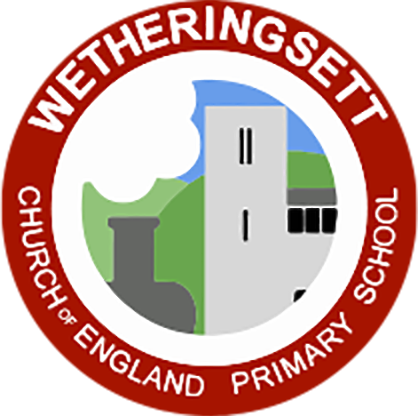PSHE
Implementation
The PSHE scheme of work is designed to be taught in thematic units, which consist of six lessons, each with supporting materials including a Planning Overview, assessment statements, Learning Journey Record and display materials. Lessons also signpost key words, building a rich vocabulary to develop understanding. PSHE units are designed to be delivered in a creative manner, using many approaches such as role play, discussion and games with groups of various sizes. These activities enable children to build confidence and resilience. Resources are also provided for communicating with parents and carers about how and why each theme is covered and suggestions for extending the learning at home. Assessment for learning opportunities are built into each lesson and enhanced by the Learning Journey Records included in each unit, which enable self-evaluation and reflective learning and allow teachers to evaluate and assess progress. Each lesson begins with a discussion of children’s existing knowledge and experience, providing an opportunity for baseline assessment. Each lesson ends with an opportunity to consolidate and reflect upon learning. Tools are provided for summative assessment, allowing progress to be recorded and tracked.
Implementation
Intent
Using content from the PHSE Association, we intend to use our PHSE sessions to develop pupils' self awareness, social skills and understanding of personal safety in different contexts. Ultimately, we prioritise keeping children safe, supporting them to take personal responsibility for their actions and develop interpersonal skills and successful relationships with others. We ensure that RSE is taught age appropriately so that children can better understand physical changes, relationships and family life.
Impact
Children are enabled to develop the vocabulary and confidence needed to clearly articulate their thoughts and feelings in a climate of openness, trust and respect, and know when and how they can seek the support of others. They will apply their understanding of society to their everyday interactions, from the classroom to the wider community of which they are a part. It supports the active development of a school culture that prioritises physical and mental health and wellbeing, providing children with skills to evaluate and understand their own wellbeing needs, practise self-care and contribute positively to the wellbeing of those around them. Successful PSHE education can have a positive impact on the whole child, including their academic development and progress, by mitigating any social and emotional barriers to learning and building confidence and self-esteem. Evidence suggests that successful PSHE education also helps disadvantaged and vulnerable children achieve to a greater extent by raising aspirations and empowering them with skills to overcome barriers they face. We provide a whole-school approach to positively impact wellbeing, safeguarding and SMSC outcomes. This can ensure that all children are able to develop the knowledge, skills and attributes they need to succeed at school and in the wider world.
- Children will demonstrate and apply the British Values of Democracy, Tolerance, Mutual respect, Rule of law and Liberty.
- Children will demonstrate a healthy outlook towards school – attendance will be in-line with national and behaviour will be good.
- Children will achieve age related expectations across the wider curriculum.
- Children will become healthy and responsible members of society
- Children will be on their journey preparing them for life and work in modern Britain.
As from September 2020 all primary school children will learn about relationships and health.
Relationships and Health Education is a new compulsory part of the school curriculum, which comprises two distinct areas:
- Relationships
- Physical health and mental wellbeing
- The new Relationships and Health Education curriculum is designed to:
- Help all children grow up healthy, happy and safe.
- Give all children the knowledge to make informed decisions about their wellbeing, health and relationships.
- Support all children to manage the challenges and opportunities of modern Britain.
- Prepare all children for a successful adult lives.
Sex education is separate from the Relationships and Health curriculum.
PHSE Statement
PHSE Planning Overview
-
GOV.UK Relationships, sex and health education: guides for parents
